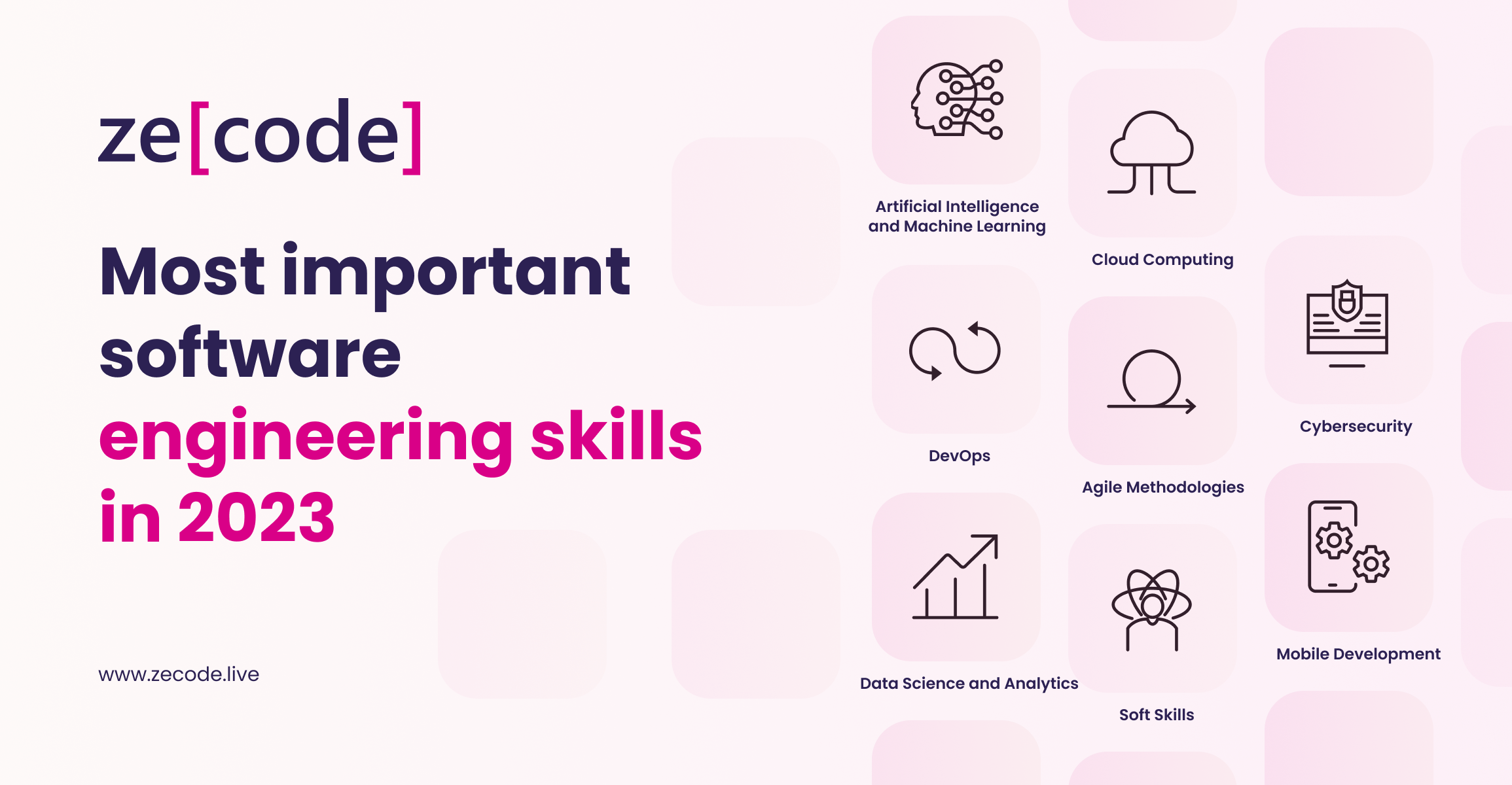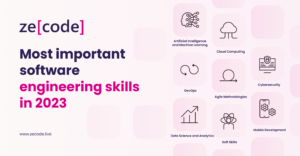Menu
The Future of Coding Assessments—Trends and Predictions

Image
Introduction
The evolving landscape of technology and software development has spurred significant changes in the way organizations assess coding skills. Traditional coding challenges, once focused primarily on algorithms and syntax, are giving way to more sophisticated and real-world simulations that reflect the skills developers need on the job. As organizations continue to refine their recruitment strategies, coding assessments are evolving to not only measure technical competence but also adaptability, problem-solving skills, and the ability to collaborate effectively within teams.
We will explore the key trends driving the future of coding assessments, the role of emerging technologies in shaping them, and actionable insights on how organizations can adapt to these changes.
Key Trends in Coding Assessment
Image
1. Real-World Work Simulations
Gone are the days when solving algorithmic puzzles or coding challenges based on abstract problems sufficed. Organizations now demand assessments that simulate real-world scenarios, focusing on how candidates apply their skills in actual development environments. These simulations assess not only a candidate’s coding ability but also their problem-solving strategies, use of frameworks, debugging skills, and ability to navigate complex codebases.
Companies seeking to assess candidates for specific roles—be it frontend, backend, or full-stack development—will increasingly prioritize coding challenges that replicate their day-to-day operations. This shift ensures candidates are evaluated based on real-world criteria, enhancing the relevance of the assessments.
2. Multidisciplinary and Full-Stack Competency
The modern software developer needs more than mastery of one language or technology. Today’s coding challenges demand knowledge across various disciplines, such as frontend, backend, mobile development, and cloud technologies. Candidates are often required to demonstrate competency across multiple frameworks, languages, and even different application layers in a single assessment.
Coding assessments will evolve to feature full-stack challenges that encompass everything from writing SQL queries to optimizing JavaScript code for UI performance, or configuring cloud deployments. This trend allows organizations to ensure that developers are not only specialists in one area but also understand the full development process.
3. AI-Enhanced Assessments
Artificial intelligence (AI) is transforming the way coding assessments are conducted. AI is being utilized to analyze how candidates solve problems, providing real-time feedback and assessing code for efficiency, security, and scalability. AI can also adapt the complexity of problems based on a candidate’s performance, making assessments more tailored and dynamic.
Expect AI-driven assessments to become the norm, offering personalized challenges that adjust in real-time. This will result in more efficient, insightful evaluations that match the candidate’s skill level, while also minimizing the need for manual grading by human assessors.
4. Mobile and Cross-Platform Testing
As mobile and cross-platform development becomes a critical part of modern software ecosystems, coding assessments will need to reflect these priorities. Developers proficient in frameworks like React Native, Flutter, or Swift will need to showcase their skills in building mobile applications that work seamlessly across devices.
Mobile development challenges, complete with emulator environments, will become a standard part of coding assessments. This will enable organizations to test candidates’ abilities to handle mobile-specific challenges, such as performance optimization, memory management, and multi-device compatibility.
5. Plagiarism Detection and Cheating Prevention
With the rise of remote hiring, coding assessments are vulnerable to plagiarism and cheating. Advanced plagiarism detection mechanisms, combined with proctoring solutions such as screen monitoring and time-tracking, are helping to ensure that assessments are fair and reliable. AI-based systems are also being used to detect suspicious behaviors, such as switching screens during assessments or consulting external resources.
Plagiarism detection will become more sophisticated, using AI to identify code similarities across candidate submissions while ensuring legitimate collaboration is not penalized. Advanced proctoring tools will also be more widely implemented to protect the integrity of the assessment process.
6. Data-Driven Insights for Hiring Decisions
Data is rapidly becoming a valuable resource in the hiring process. Beyond a pass/fail grading system, modern coding assessment platforms provide granular data on how candidates perform in various dimensions—speed, efficiency, creativity, and solution optimization. This data enables organizations to make more informed decisions about candidates, identifying areas of strength or concern early in the hiring process.
Companies will begin relying on predictive analytics derived from candidate performance data to forecast a candidate’s long-term potential within the organization. Expect more detailed dashboards and performance metrics to become available, offering hiring managers deeper insights into each candidate’s technical and problem-solving abilities.
7. Diversity, Equity, and Inclusion (DEI) in Coding Assessments
The emphasis on DEI initiatives has led to a rethinking of how coding assessments are structured to ensure fairness and inclusivity. Many organizations are now focusing on reducing bias in their assessment tools, ensuring that all candidates—regardless of background—are assessed based on their skills rather than extraneous factors. This is achieved through anonymized assessments, standardized scoring, and bias detection algorithms.
The future of coding assessments will place an even stronger emphasis on DEI, with platforms adopting fairer scoring systems and implementing AI-driven tools that reduce unconscious bias. This shift ensures a level playing field for all candidates, promoting diversity in tech recruitment.
8. Gamified Assessments and Continuous Learning
The integration of gaming principles into coding assessments is on the rise. Gamified assessments make the experience more engaging for candidates while providing real-time feedback on performance. Additionally, many platforms are incorporating continuous learning opportunities, allowing developers to build their skills in between assessments.
Gamification will make coding assessments more interactive, boosting engagement and providing insights into candidates’ ability to learn and adapt. Platforms that incorporate skill-building features, such as coding challenges and tutorials, will provide candidates with opportunities to upskill, further enhancing their performance in future assessments.
Conclusion
The future of coding assessments is set to be shaped by real-world simulations, AI-driven analytics, and a focus on inclusivity and fairness. As organizations continue to refine their recruitment strategies, coding assessments will play an increasingly pivotal role in identifying talent, ensuring that developers are evaluated in ways that reflect both their technical abilities and their capacity to thrive in fast-evolving environments.
To stay competitive in the hiring process, organizations must be prepared to adopt these trends, offering assessments that not only test coding knowledge but also reflect the collaborative, problem-solving nature of modern software development.
Download the Full Whitepaper
For a comprehensive analysis of these trends and actionable insights into how your organization can leverage the future of coding assessments, download our full whitepaper. Gain valuable information on how to create an assessment process that attracts top talent while ensuring fairness and effectiveness. Fill out the form below to receive your copy today!

